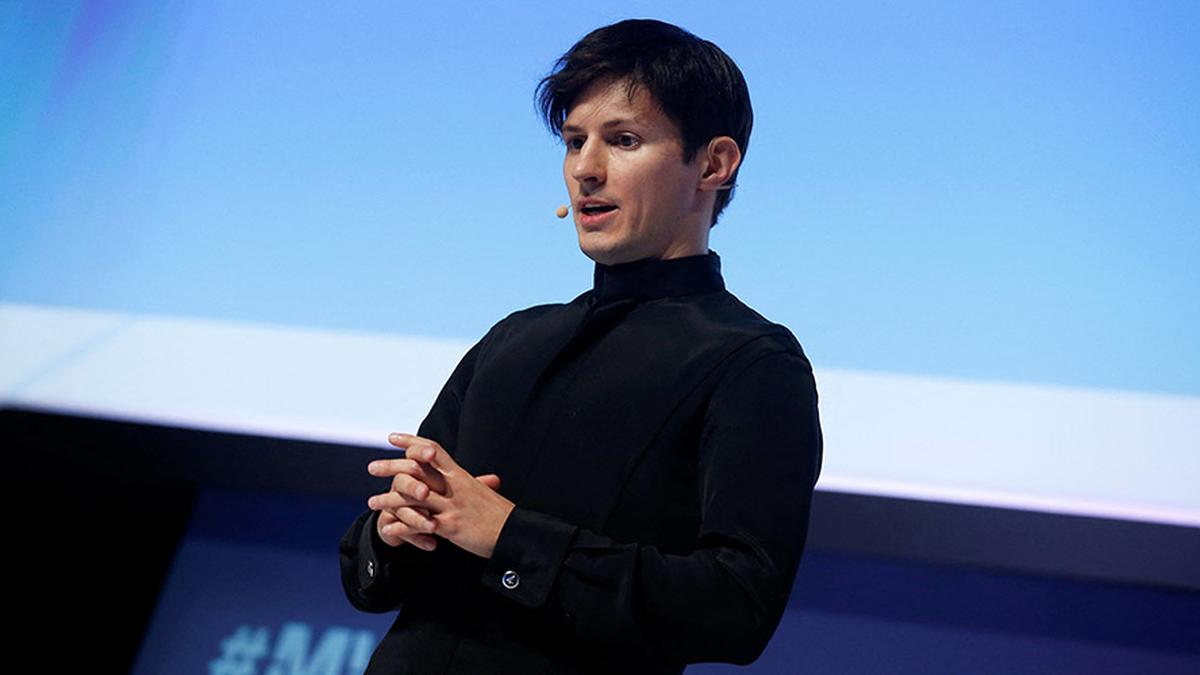Pavel Durov, the CEO of Telegram, was arrested in France on August 24, 2024, and charged with “complicity in managing an online platform to allow illicit transactions by an organised group”. This case highlights the challenges of policing illegal activity online, particularly with regard to encrypted messaging platforms.
The Charges Against Durov
Durov faces accusations that Telegram has been used for illicit activities such as child sexual abuse material and drug trafficking. French authorities allege that Telegram refused to cooperate with their investigations, failing to provide information and documents despite legal requirements. The preliminary charges against Durov carry a potential sentence of up to 10 years in prison and a fine of 500,000 euros.
Challenges of Policing Online Activity
The case underscores the difficulties authorities face in policing illegal activities conducted online, particularly on encrypted platforms. The encrypted nature of Telegram makes it challenging for law enforcement to monitor and gather evidence. Critics argue that platforms like Telegram need to implement better content moderation practices, while others contend that such efforts infringe on user privacy and freedom of expression.
Durov’s Defense and International Reactions
Durov’s lawyer, David-Olivier Kaminski, has dismissed the charges as “absurd,” stating that it is unreasonable to hold the platform’s CEO responsible for criminal acts that he was not directly or indirectly involved in.
The case has sparked a heated debate over online freedom and censorship. Supporters of Durov, including free-speech advocates and authoritarian governments, see the charges as politically motivated and a threat to freedom of expression.
International Condemnation and Support
Russian government officials have condemned the arrest, alleging it is politically motivated and an example of Western double standards regarding free speech. This response is particularly notable considering the Russian government’s own attempts to block Telegram in 2018 due to its popularity amongst Russian dissidents.
Iran, another nation where Telegram is popular, has also commented on the situation, with Ayatollah Ali Khamenei implicitly supporting France’s stance on internet governance. His comment highlights the complex and often conflicting views on online regulation within various governments.
The United Arab Emirates (UAE) has also expressed concern, calling for France to provide Durov with necessary consular services.
France’s Stance
French President Emmanuel Macron insists the arrest was not politically motivated, emphasizing that it stemmed from an independent investigation. He maintains France’s commitment to freedom of expression but reiterates the need for a legal framework to ensure responsible online activity and the protection of fundamental rights.
Durov’s History and the Rise of Telegram
Pavel Durov has a history of clashing with authoritarian governments. He previously founded VKontakte, a popular Russian social networking site, which came under pressure from authorities due to its use by opposition activists and users participating in the 2013-2014 Ukrainian revolution.
He left VKontakte after refusing to comply with demands to remove content and provide user data, and eventually launched Telegram, which rapidly gained popularity in Russia and other countries.
Telegram’s Importance in Communication and News
Telegram has become a crucial communication platform in several regions, particularly in Russia and Ukraine. It has become a vital tool for individuals and news outlets to disseminate information, and in the case of Ukraine, to provide real-time updates on the war and security alerts.
Telegram’s Response
Telegram has maintained that it abides by EU laws and that its moderation practices are “within industry standards and constantly improving.” The company stated that its platform serves over a billion users worldwide, serving as both a means of communication and a source of vital information.
Take Away Points
This case has shed light on the complex relationship between technology, governance, and freedom of speech. The charges against Pavel Durov highlight the tension between ensuring online safety and respecting freedom of expression. While governments grapple with the challenges of policing online activity, platforms like Telegram need to strike a balance between user privacy and responsibility in preventing the use of their services for illegal activities. This case underscores the importance of ongoing dialogue and cooperation between governments, tech companies, and user rights advocates in establishing clear frameworks for online behavior that respect both individual freedoms and collective security.









